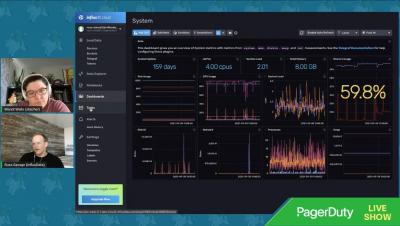A developer's guide to programatically overcome fear of failure
People are more than happy to talk about their successes, but if you ask them about their failures, they can be much more hesitant to share. Failure is a subject that, interestingly enough, is entangled with the emotion of shame. Yet it’s integral to achieving anything novel, and the learnings that come from failure are unparalleled. So, let’s find ways to get more comfortable with failing, and figure out why people fear it.










